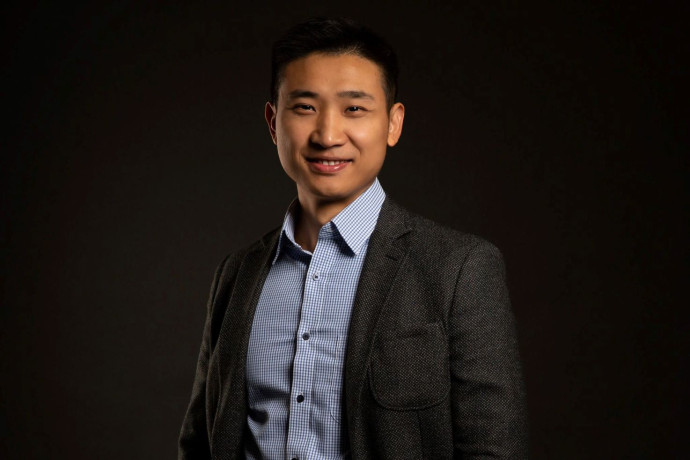Smart signals: Can data from self-driving cars save us from traffic jams?

Dr Wai Wong, from Te Whare Wānanga o Waitaha – the University of Canterbury, aims to combat traffic congestion by using real-time data from connected and automated vehicles to control traffic signals
Traffic congestion is a global issue with huge economic, environmental, and health costs. In Auckland alone, by next year congestion is projected to cost up to $2.6 billion, with commuters losing a combined total of 3310 years (or 29 million hours) of their lives. Clearly, we need a better way of managing traffic. Traffic signals currently rely on fixed-time controls or costly external detectors, neither of which respond effectively to real-time traffic demand.
Dr Wong has been awarded a Marsden Fund Fast-Start grant to develop a smart system for traffic signals based on data from connected and automated vehicles, or self-driving cars. These vehicles behave like mobile radars, recording not only their own movements but also those of nearby vehicles. Dr Wong’s team will use their data to produce a real-time view of traffic conditions, and to estimate the flow of vehicles at intersections, accounting for incomplete data. Based on this work, they will create and simulate an adaptive, optimised algorithm for controlling traffic signals.
This pioneering research aims to improve traffic flow and decrease congestion ― without costly investments in infrastructure.
An autonomous car (photo credit: Dr Xintao Yan)
